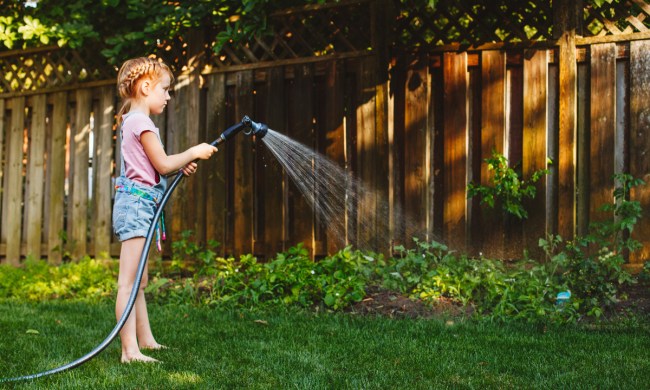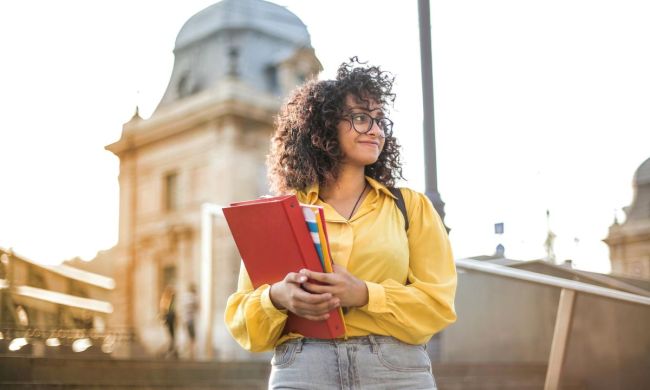Let’s face it. The COVID-19 pandemic brought about many changes into our lives. Adapting to everyday living that involves new safety measures has affected how we interact with our colleagues at work, how we socialize, and how learning takes place in or outside of the classroom.
Even amid these changes, teenagers still desire and need social interaction with their peers. As a result of the pandemic and school closures, their social skills may have taken a hit. Or at the very least, they might feel a bit nervous about jumping back into face-to-face situations again. Not surprisingly, teenagers’ friends are likely feeling just the same way. As schools reopen, how can you get your teen reacquainted with their friends after remote learning? Here are some tips you may find to be useful.
Awareness of safety and guidelines
If you are concerned about your teen’s social development during a time when socializing is limited, you might be compelled to take steps to ensure that they gain as many opportunities for reaching out to others as possible.
The first step to preparing your teen for reacquainting with their friends is to make them aware of the guidelines for social distancing, wearing masks, and any other safety measures that apply to their school and frequented hangouts. You can also calmly explain to your teen the importance of complying with the guidelines to keep him/her and their peers safe, along with the role of flexibility and patience since procedures can change at any time.
Hold practice conversations
As the adage goes, “practice makes perfect.” Engaging your teen in conversation will help to keep the communication skills sharp. You can have practice conversations with your teen by gently nudging them to share information about the day’s events or any trending news that’s of interest. Furthermore, this consistent communication helps you to check in on your teen’s emotional state and offer some encouraging advice.
In addition to conversation at home, you can encourage your teen to keep in touch with friends through phone or video call in the event of another closure—or just for the fun of it. Reconnecting with friends before school starts or just as your community reopens will take some of the anxiety away and give kids the sense of picking up a conversation where they left off.
Attempt to keep regular contact with friends
Start opportunities for physical distancing hangouts with your teen and their peers. As mentioned, these opportunities could include virtual hangouts through social media chat options and games so that they do not feel alienated. It allows your teen and their peers to reconnect and bond over the familiar interaction.
Another idea is for your teenager’s friends to gather in a small, socially distanced group outdoors. Outings at the park or short hikes can make for great team-building opportunities and of course, great memories.
Contact by letters to teenager’s friends
Do you remember the good old days when letters were in vogue? For those who relied on “snail mail,” hearing from friends and loved ones brought about a wealth of cheer, especially when a one-on-one meeting wasn’t possible.
Especially now, making connections with more of human interaction is highly valued. Likewise, your teen can stay connected with friends through the exchange of letters. Encourage your teen to share stories about what they have been doing during the pandemic. It is a fun way to keep stay in touch and gives even more practice with verbal and writing skills. Plus, once in-person contact is made, the letters would make great conversation starters.

Reuniting your teenager’s friends
With the school year kicking off, you can devise other ways for your teen to interact with friends who they haven’t seen in a while. You can visit the local park or meet up with family and friends while adhering to the guidelines. If you and your family are comfortable with having visitors, then you can encourage your teen to invite a friend or two over for a movie night.

Going back to school
Your teen may get nervous about returning to school. A genuine reassurance will go a long way to boost your teen’s social skills along with gaining the necessary information. One way to get the 4-1-1 on your local school’s reopening is to visit the site and to attend a beginning-of-the-year open house. Usually at such gatherings, even if they are kept small, your teen can meet up with old friends and compare class schedules. If your teen is new to the school, then you ask to schedule a tour where he or she can meet the teachers.
While the COVID-19 pandemic has limited in-person opportunities for teens to interact with their friends, there are several distancing avenues in which teens can socialize. Actively seeking out these opportunities would be helpful, but most of all, checking in often with your teen about the social climate is vital to ensure they can transition back to the new normal.



